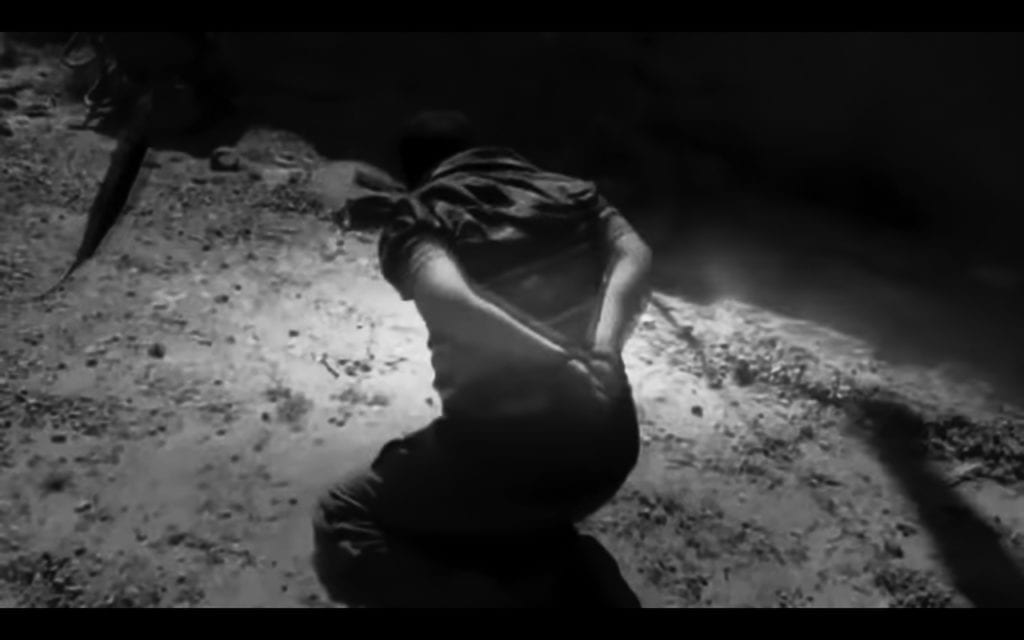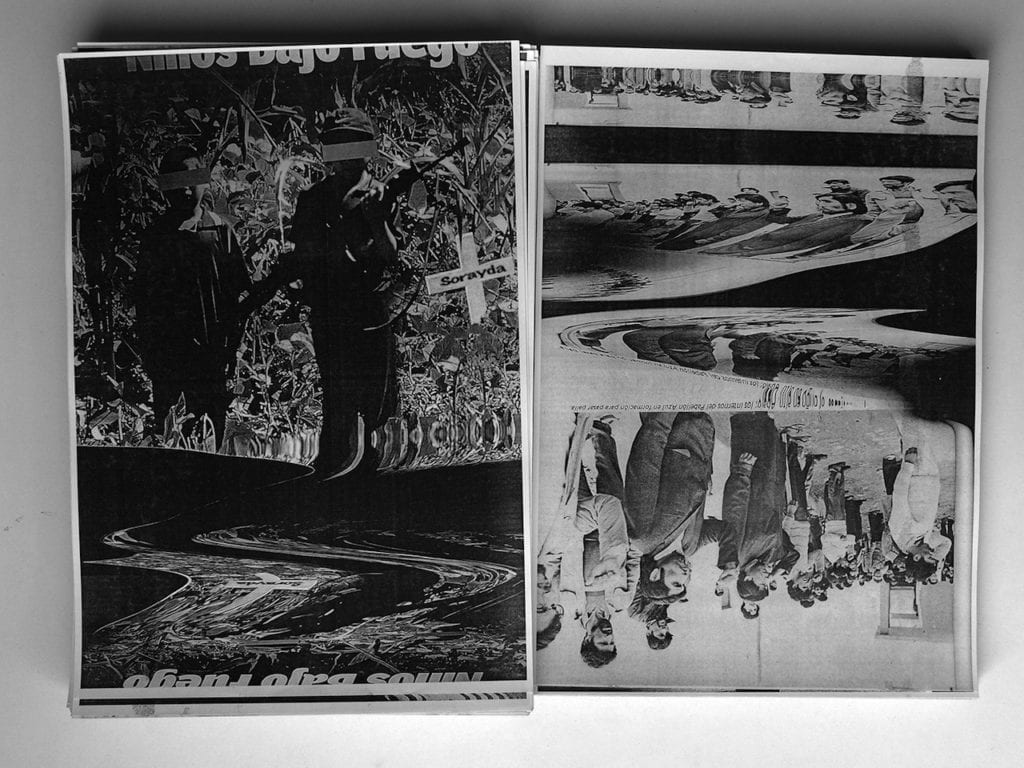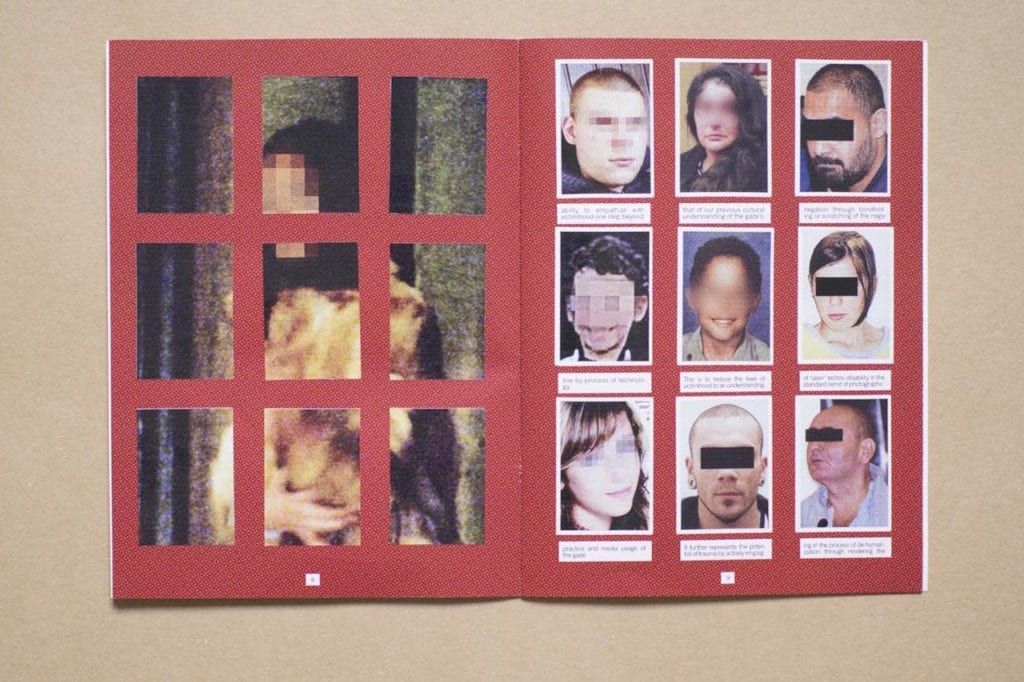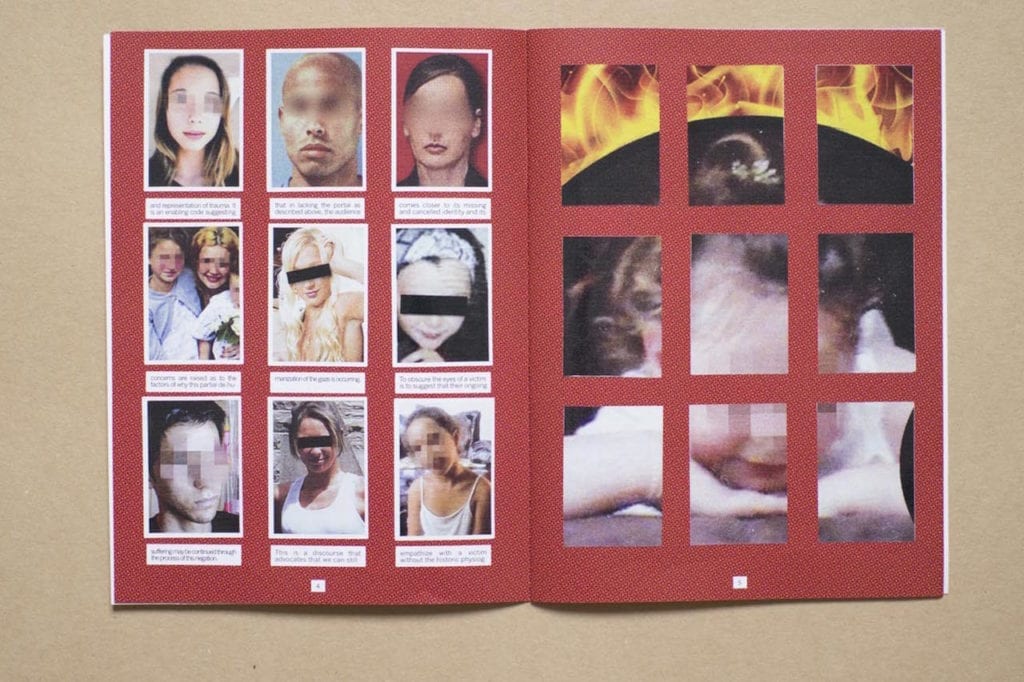“We can not ignore certain political power dynamics – such as the 20-year Berlusconi era in Italy, contemporary terrorism, Donald Trump and Brexit – and neither the role that civil revolution can take in reversing power,” says Simone Sapienza.
“We need active and resilient minds to overcome this decade, in which many of the conquered ideals and values are gradually disappearing,” he continues. “Uncensored books can play a crucial historical role for the next generations, to whom we are delivering a collapsing society.”
We’re discussing the exhibition Uncensored books, which was curated by Natasha Christia and which opens today at Minimum Studio in Palermo, Sicily. Featuring publications by Valentina Abenavoli, Francesco Amorosino, Julián Barón, Lewis Bush, Patricia Almeida, Lukas Birk, Martín Bollati, Rigoberto Díaz Julián, Verónica Fieiras, Edmund Clark, Carlos Spottorno, Magnum Photos, and more, it’s a comprehensive look at books that consider the uses and abuses of the image in our society – especially by those in power.
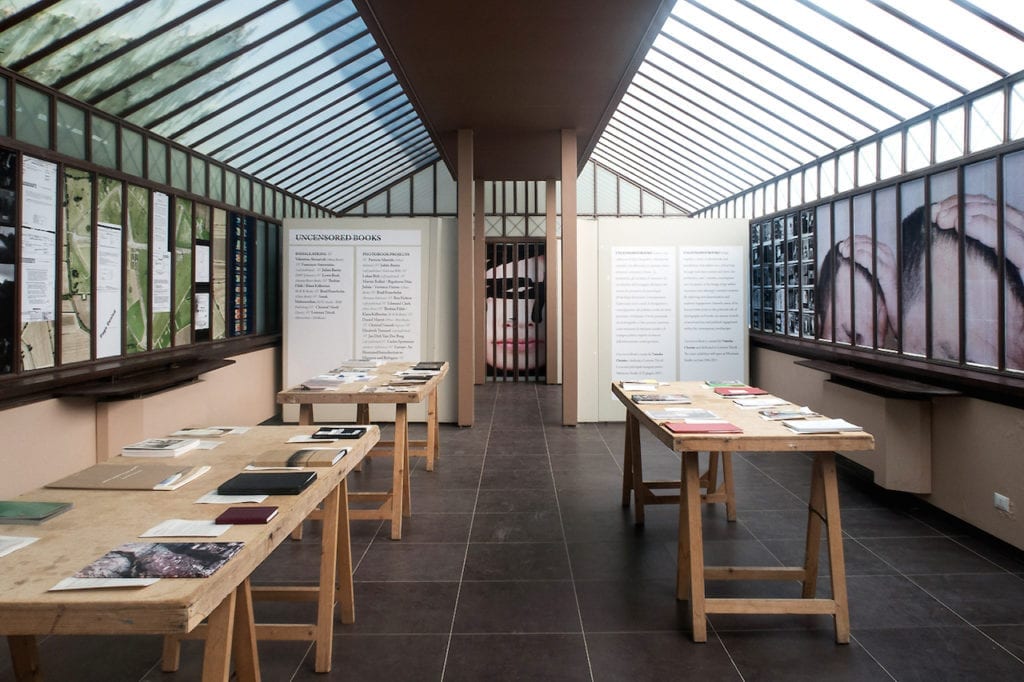
“I think it is important that there are photographers who give their active response, even questioning the role of the image and its credibility today, at the time of post-truth,” says Sapienza. “Many authors involved transcend the role of the photographer – if photography aims to represent the society which we live in, how could we ignore the speed with which it is changing?”
www.minimumstudio.it
